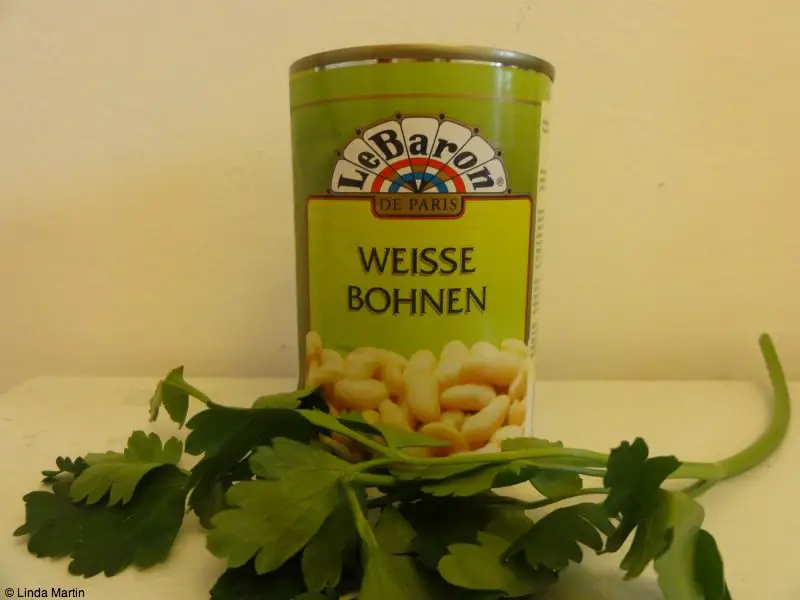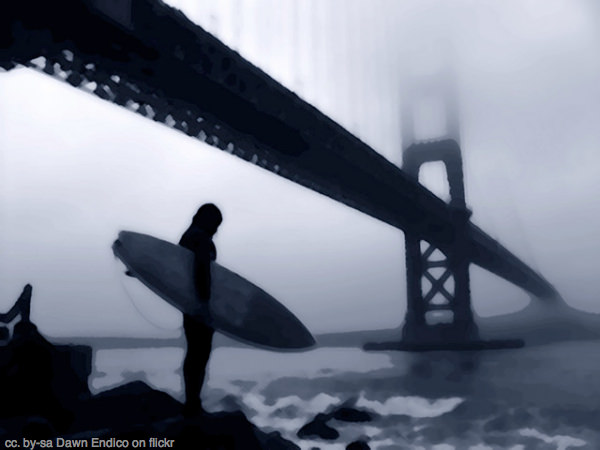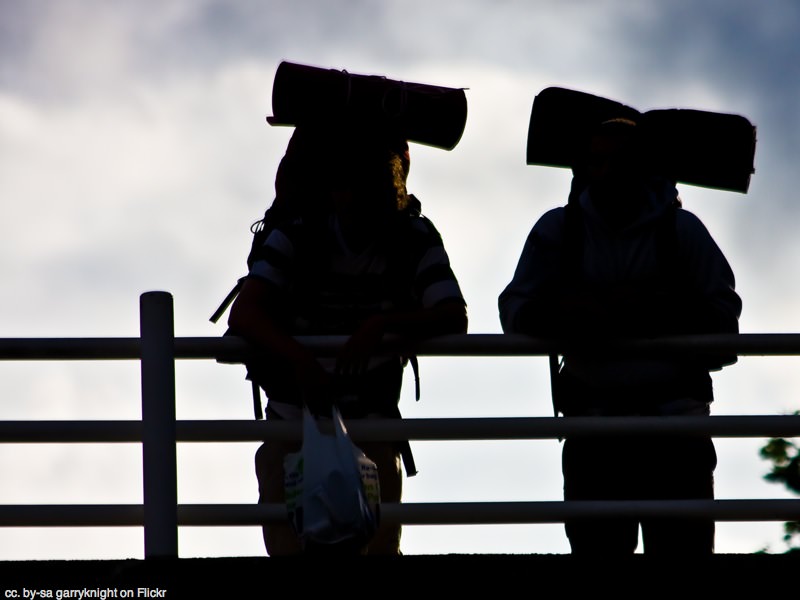Ill at ease: a guide to homesickness
There’s a red vending machine on platform six at Clapham Junction station, about halfway down the grey pavement. It’s not as shiny as it was six years ago, and the buttons are grubbier too.
What gets me as I walk by are the Crunchie bars. For me, the honey-like taste always evokes memories of the first days of my new life in London. But when the treat is finished and the train doors shut, I throw away the wrapper and realise that almost a decade has passed since my arrival and that home is very far away.
It’s amazing how everything we hear, smell or taste in the hours after arrival can fix a place in our minds. My London will forever be Crunchies at Clapham Junction. Conversely, no matter how far from home you are, there’s always a new (yet familiar) smell, taste or face to remind you of what you’re missing. Most of the time these feelings are easily controlled, but sometimes that longing becomes distractingly poignant.
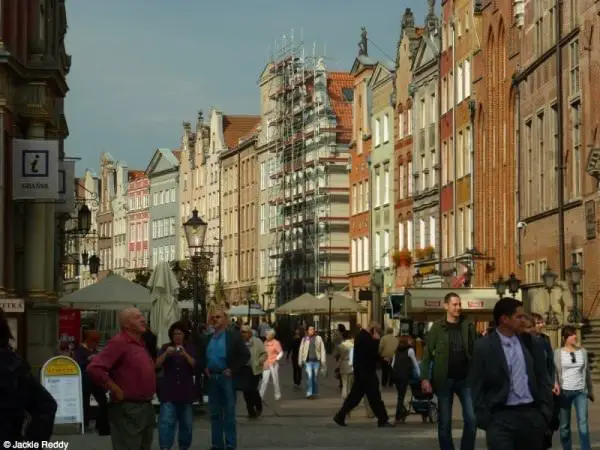
We owe the highs and the lows of travel to that diabolical organ, the brain. But our heads are also the primary cause of – yet paradoxically our main defence against – the scourge of homesickness. Reclaiming yourself from this emotional paralysis is no mean feat, but as you emerge from the funk, you’ll find that you’ve matured as a person and a traveller.
Expect the unexpected
Welsh speakers have a word – hiraeth – that describes a melancholic longing for home; Paul Theroux suffered through it as he wrote The Great Railway Bazaar; and even the legendary Odysseus spent years roaming the Mediterranean, pining for home. Entire cultures, famous authors, classic heroes, me and you – we all get homesick.
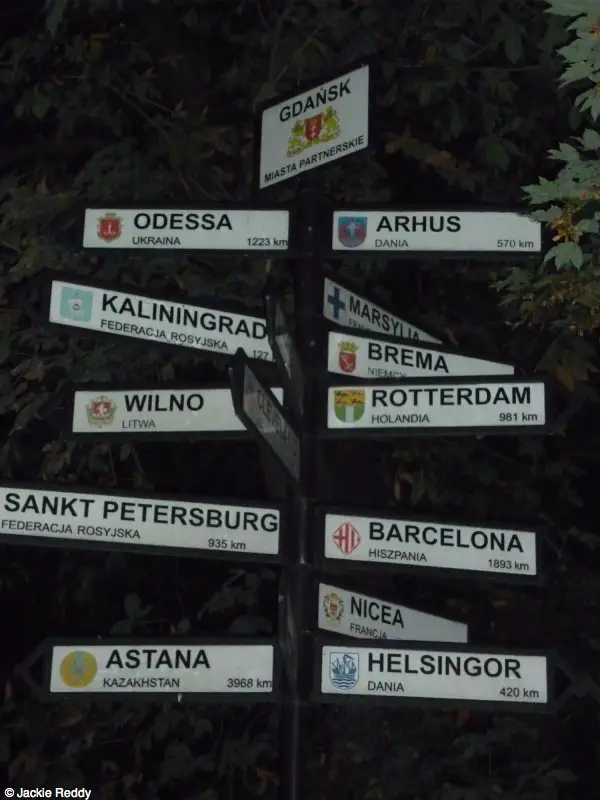
Many of this site’s readers are veteran travellers or expats. Experience is a plus, but the personal pride that comes with having earned your travel stripes makes it difficult to vocalise private feelings. Homesickness is stereotypically the preserve of the inexperienced traveller, but travel veterans suffer through the exact same loops of euphoria, frustration and grief.
As a travel-health issue, homesickness deserves to be treated with respect and forethought. Use the pre-trip period to consult guidebooks, maps and websites for advice that will help you familiarise yourself with your new surroundings. Ask a friend who’s been there for pointers on language, culture or even how the post office works. While your head is clear, decide how you want to keep in touch with home and consider mobile or phonecard options. Fill your wallet with passport-sized pics of loved ones or have some photos on your phone to look at when you need to.
Paradise lost
Your mental guard is up, your plane has landed and everything is new and different. Rightly or wrongly, the first euphoria-tinged impressions of a place are almost always the ones that last. This excitement is the primary stage of homesickness, but that rose-tinted flush soon fades. Bohemian clutter quickly becomes a filthy street; the buzzing market is intimidating and the bureaucracy at the bank isn’t intriguing, just annoying. Paradise is lost and the mishaps of travel – rudeness, miscommunication, illness, lost luggage – escalate frustration into homesickness.
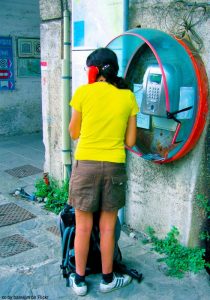 If you’re among friends, share your feelings. If you’re alone, it can help to make friends with someone from your own culture. Talking is a form of catharsis, but hopefully the conversation won’t escalate into a hate-filled rant about your new surroundings. Culture buddies are a form of moral support, not a ‘buffer’ against new experiences. More introverted travellers seek out people on their own terms, perhaps by walking among the crowds and internalising the bustle. Remember why you’re travelling and find something to celebrate about the culture you’re in.
If you’re among friends, share your feelings. If you’re alone, it can help to make friends with someone from your own culture. Talking is a form of catharsis, but hopefully the conversation won’t escalate into a hate-filled rant about your new surroundings. Culture buddies are a form of moral support, not a ‘buffer’ against new experiences. More introverted travellers seek out people on their own terms, perhaps by walking among the crowds and internalising the bustle. Remember why you’re travelling and find something to celebrate about the culture you’re in.
Mourning and moving on
Pull back and examine your thoughts, then step out – literally out of your hotel room, and metaphorically out of yourself. Recognise your grief, but resist wallowing. Make and follow a daily schedule. Do laundry, reorganise your rucksack or update your travel journal. Wash, rinse and repeat. Find comfort in mundane things if you need to, but gently stretch yourself by adding something new to that schedule every day. Connect with friends and family, but be judicious about using social media. We live in an age of instant digital comfort, but browsing through Facebook photos could be more of a hindrance than a help.
With diligence and time, the pining recedes – often suddenly. In startling contrast to grief, apathy is a flatline of emotion, but this is the final stage of homesickness. It’s a shock to realise that you suddenly feel blasé about both your current surroundings and your return ticket. This apathy marks a sea change, and it signals that your mental war is over. Your victory is complete, your journey is at its end and you’ve emerged from your ordeal a stronger traveller.



